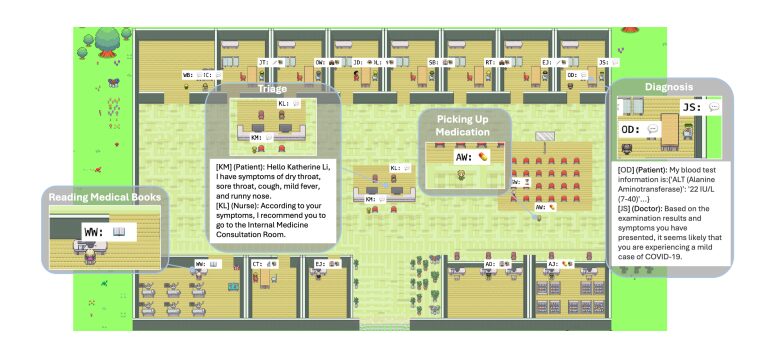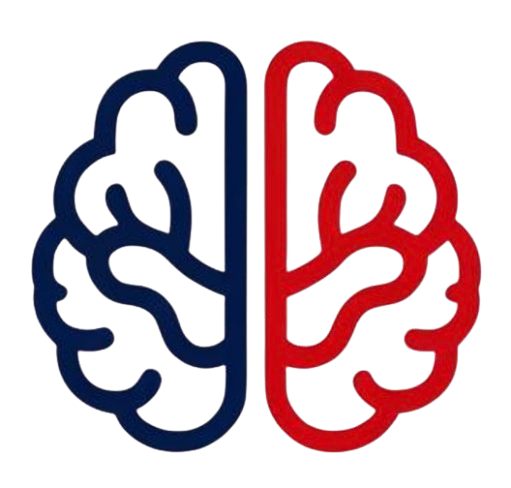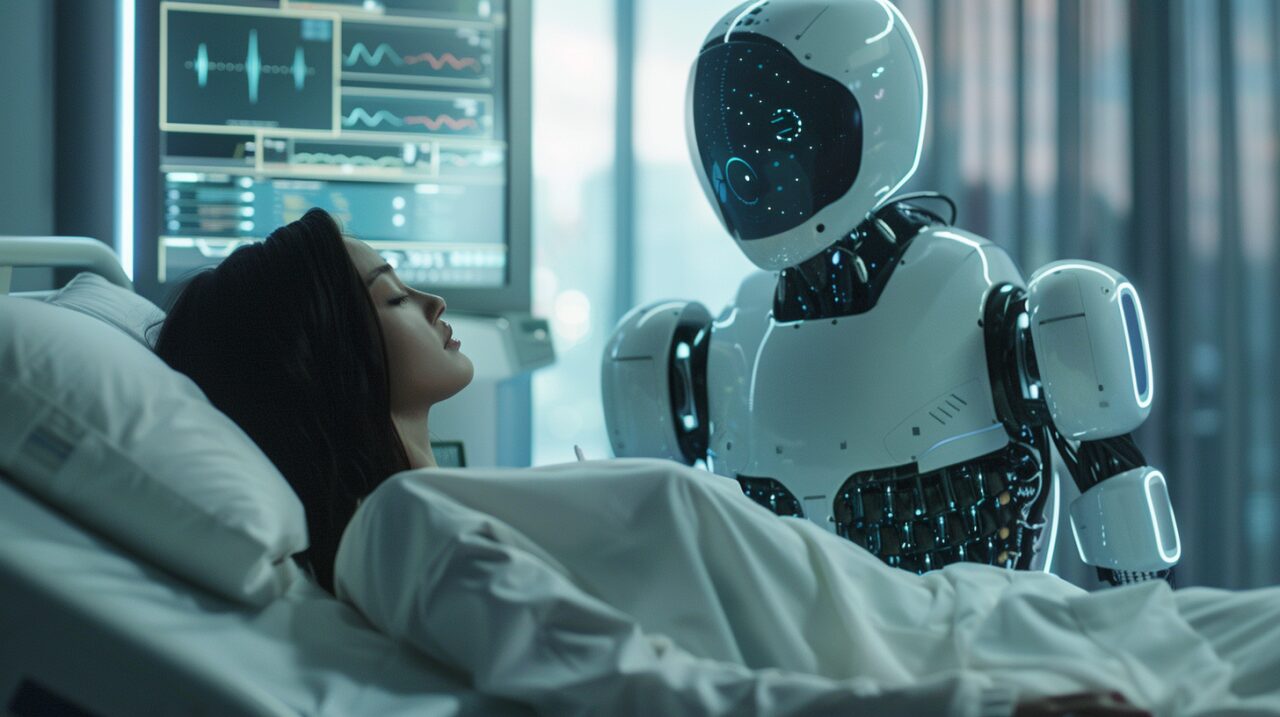Imagine a world where seeing a doctor doesn’t require a waiting room, an appointment, or even a physical clinic. In China, that world is no longer science fiction—it’s reality. Welcome to Agent Hospital, the first hospital in the world fully managed by artificial intelligence (AI), where virtual doctors and nurses work around the clock to treat patients in a completely simulated environment.
Developed by researchers at Tsinghua University in Beijing, this groundbreaking project brings together advanced medical knowledge, machine learning, and virtual simulation to reshape what we understand by “healthcare.”
Musumeci Online – The Podcast. It is perfect for driving, commuting, or waiting in line!
A Hospital with No Humans—At Least, Not Yet
At the heart of Agent Hospital are 42 AI medical agents, including 14 AI doctors and 4 AI nurses. These intelligent systems are capable of diagnosing diseases, suggesting treatments, and even predicting potential outbreaks. And they do all of this without the need for human intervention.
Unlike traditional hospitals that may serve a few hundred patients per day, Agent Hospital has the capacity to treat up to 3,000 patients daily, and potentially 10,000 in just a few days. To put this in perspective, a single human doctor treating 100 patients a week would need nearly two years to match what the AI can handle in a matter of days.
How Does It Work?
Agent Hospital doesn’t exist in a physical space. It’s a fully virtual clinic, powered by large language models (LLMs) and deep learning algorithms. The system simulates real-life medical scenarios using a huge database of synthetic patient records—tens of thousands of them—ranging from flu and COVID-19 to complex respiratory conditions.

These simulations allow AI agents to learn continuously. It’s a bit like giving a medical student access to infinite case studies, letting them practice and learn faster than ever before—without putting real lives at risk.
The research team created a special training framework, called MedAgent-Zero, designed to help these agents improve with every virtual patient interaction. Over time, they’ve reached an impressive diagnostic accuracy of 93.06%, based on benchmarks like the U.S. medical licensing exam for respiratory diseases.
Why It Matters
This level of speed and precision could have an enormous impact on global healthcare. With healthcare systems around the world often stretched to the limit—lacking enough doctors, facing long wait times, and dealing with rising costs—Agent Hospital offers an alternative.

By operating in the cloud and using virtual agents, it avoids many of the physical and staffing limitations of traditional hospitals. Patients could access care from remote villages, busy cities, or even from their beds at home, just by logging into the platform.
And because AI doesn’t need sleep or coffee breaks, Agent Hospital can provide care 24 hours a day, every day of the year.
More Than a Doctor: A Teacher, Too
Beyond its clinical applications, Agent Hospital is also proving to be an excellent educational tool. Medical students can train in this virtual space, testing treatments and learning from both their successes and failures—without endangering real patients. Think of it as a flight simulator for future doctors.
What About Ethics and Empathy?
Of course, this new frontier isn’t without challenges. While the AI can process data faster than any human, it still lacks the emotional intelligence, ethical judgment, and intuition of real doctors. Medical decisions often involve human values—comforting a scared child, helping a family through grief, or choosing between two difficult treatment paths.
Agent Hospital is not here to replace human physicians. Instead, it’s designed to work alongside them, amplifying their abilities and freeing them from routine tasks so they can focus on what matters most: human connection.
The Road Ahead
Agent Hospital is currently in a pilot phase, being integrated into real-world healthcare environments such as Beijing Tsinghua Changgung Hospital. If successful, this could be the first step toward a future where AI not only assists doctors but becomes a core part of how we understand, deliver, and access healthcare.
Just like the internet revolutionized communication, Agent Hospital hints at a similar transformation in medicine. It’s a bold, ambitious vision—but if China’s latest innovation is any indication, that future might arrive sooner than we think.


Leave a Reply